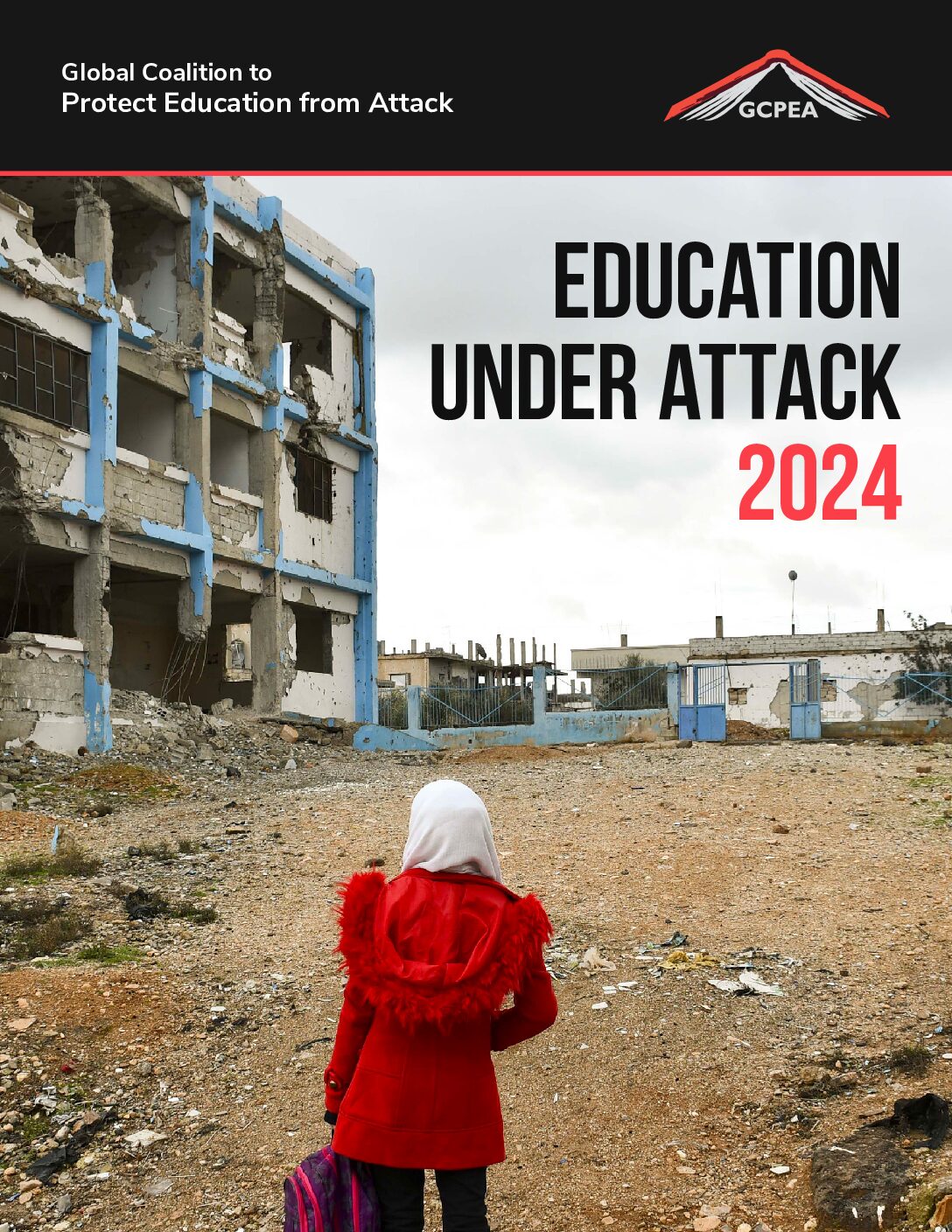GCPEA News
Is Britain Serious About Barriers to Global Education?
Human Rights Watch, April 26, 2017
By David Mepham, UK Director
Britain’s main political parties will disagree strongly on many issues in this election campaign. But there is broad consensus amongst them on retaining a substantial development budget and on using aid money to get more children into school in poorer countries, especially girls.
Foreign Secretary Boris Johnson recently highlighted “the appalling truth that 61 million girls …are deprived of an education worldwide,” and pledged ongoing British investment in education overseas. Other parties have made similar commitments. But none have addressed a major factor that prevents access to education in places like Pakistan, Nigeria, Afghanistan, and Somalia – attacks on schools and the use of schools by armed groups.
Perhaps the most horrific example was the school attack by the Pakistani Taliban in Peshawar in 2014 that killed at least 135 children. But in Pakistan and other conflict-affected countries, there are hundreds of similar cases in which schools and universities have been bombed, shelled, and burned, and children and their teachers killed, injured, and abducted. Many educational facilities have been turned into bases or barracks by warring parties. The presence of soldiers in schools also exposes children to recruitment as child soldiers and the threat of sexual violence.
For this reason, Human Rights Watch and others like Save the Children and UNICEF are promoting the Safe Schools Declaration. This is a political commitment in which governments pledge to refrain from using schools for military purposes and not to attack them during military operations.
Sixty-three countries, including most NATO and European Union member states, have now endorsed the declaration. But the United Kingdom is not one of them. British opposition has mainly come from the Ministry of Defence, which mistakenly believes that the declaration creates additional legal obligations for the military beyond what is found in the Geneva Conventions and other humanitarian law treaties. It does not. In fact, the British military already has some of the world’s strongest internal regulations and policies on protecting schools in wartime.
So why endorse the pledge? Because by so doing Britain would reinforce the view, for which there is growing global support, that attacking or using schools for military purposes is not acceptable. It would also strengthen Britain’s hand in discussions with countries where attacks on schools or their use by military forces is commonplace. If they are serious about their professed support for education globally, all the British political parties should make a clear manifesto commitment to endorse the Safe Schools Declaration.



